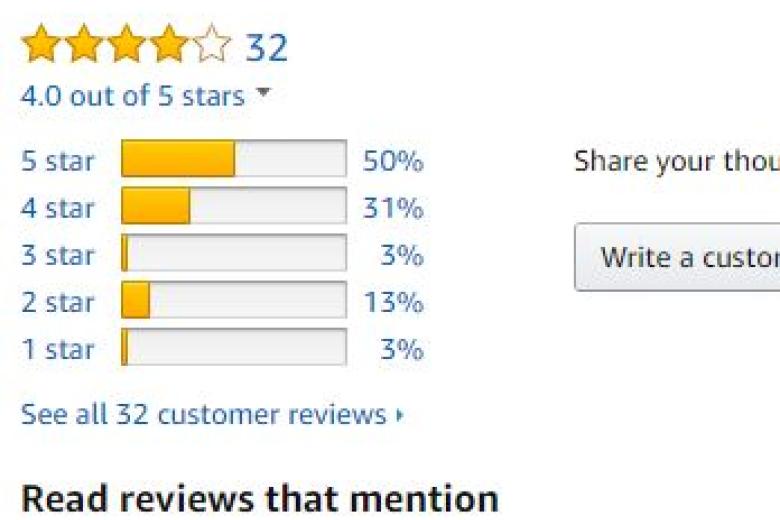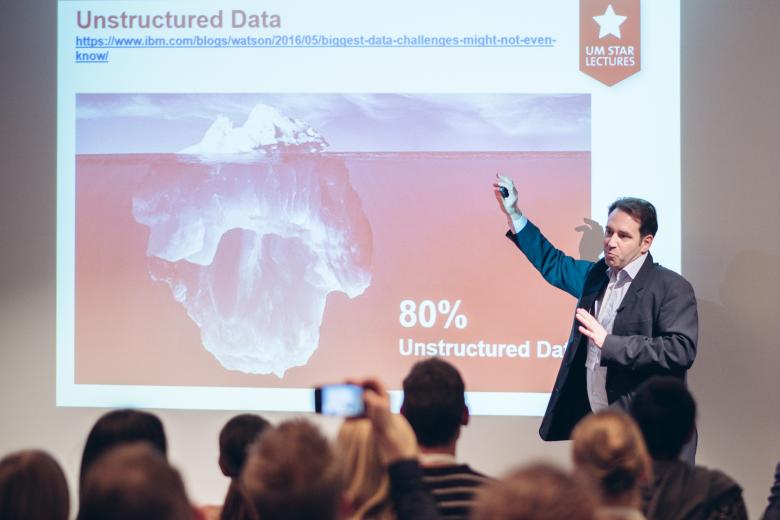Data-Driven Decision-Making
From the 5G mobile phones in our hands and holidays we book online to the smart IDs we use to access government services, and from the rise of 'disruptive' firms such as Uber and Spotify to robotics and the Internet of Things, the digital 21st century is producing ever greater amounts of data, much of it unstructured. These datasets are remarkable for their size, their variety and the speed at which they are generated. For citizens, industry, academia and government, the opportunities to profit from this data deluge are many, but the challenges are significant.
Responding to the demand for theory and analytical methods capable of tackling these challenges, Data-Driven Decision Making is a uniquely interdisciplinary research theme centred on the application of data science in its widest sense. Aiming to become a recognised cluster for scientific excellence, the cross-faculty team comprises nearly 60 researchers in fields such as marketing, econometrics and operations research, economics, finance, accounting, information management, organisation and strategy, who will collaborate with colleagues at Maastricht University’s new Institute for Data Science (IDS), the Department of Data Science and Knowledge Engineering (DKE) and the Business Intelligence and Smart Services Institute (BISS).
D3M’s team will focus on research areas including disruptive technologies and business models, consumer and workforce analytics, risk and uncertainty quantification, big data’s role in official statistics, pensions, financial markets and asset pricing, micro- and labour economics, digital platforms, and fields such as large-scale optimisation and related mathematical systems. As opportunities to understand consumer behaviour grow and firms’ business models are redefined; as governments use new data sources for everything from pothole repair to economic forecasting; as international organisations such as the European Union set policies on food security and clean energy; and as academics in all disciplines work with ever more powerful research tools, the Data-Driven Decision Making team’s goal is to help improve decision-making at all levels of society.
Visit another one of our research themes:
Data used to be structured numbers, but in the digital age we're confronted with many different types – text, pictures, video, voice and neurodata – and they are a challenge to capture and analyse
Martin Wetzels, leader of the Data-Driven Decision-Making research theme







